Urgent
Over 60% of financial attacks starts with stolen login details: Cyber Security Council
 DEWA provides its services through ChatGPT Apps Directory
DEWA provides its services through ChatGPT Apps Directory
 Voting begins in Japan's general election
Voting begins in Japan's general election
 China's foreign exchange reserves rise in January
China's foreign exchange reserves rise in January
 Tropical Cyclone Mitchell approaches Western Australia's Pilbara region, ports closed
Tropical Cyclone Mitchell approaches Western Australia's Pilbara region, ports closed
 Czech Bejlek celebrates career-first WTA tour title at Mubadala Abu Dhabi Open
Czech Bejlek celebrates career-first WTA tour title at Mubadala Abu Dhabi Open
 Sharjah Ruler inaugurates Al Mudarissa Tower in Al Dhaid
Sharjah Ruler inaugurates Al Mudarissa Tower in Al Dhaid
 Europe’s gas storage falls below 40%
Europe’s gas storage falls below 40%

 DEWA provides its services through ChatGPT Apps Directory
DEWA provides its services through ChatGPT Apps Directory
 Voting begins in Japan's general election
Voting begins in Japan's general election
 China's foreign exchange reserves rise in January
China's foreign exchange reserves rise in January
 Tropical Cyclone Mitchell approaches Western Australia's Pilbara region, ports closed
Tropical Cyclone Mitchell approaches Western Australia's Pilbara region, ports closed
 Czech Bejlek celebrates career-first WTA tour title at Mubadala Abu Dhabi Open
Czech Bejlek celebrates career-first WTA tour title at Mubadala Abu Dhabi Open
 Sharjah Ruler inaugurates Al Mudarissa Tower in Al Dhaid
Sharjah Ruler inaugurates Al Mudarissa Tower in Al Dhaid
 Europe’s gas storage falls below 40%
Europe’s gas storage falls below 40%



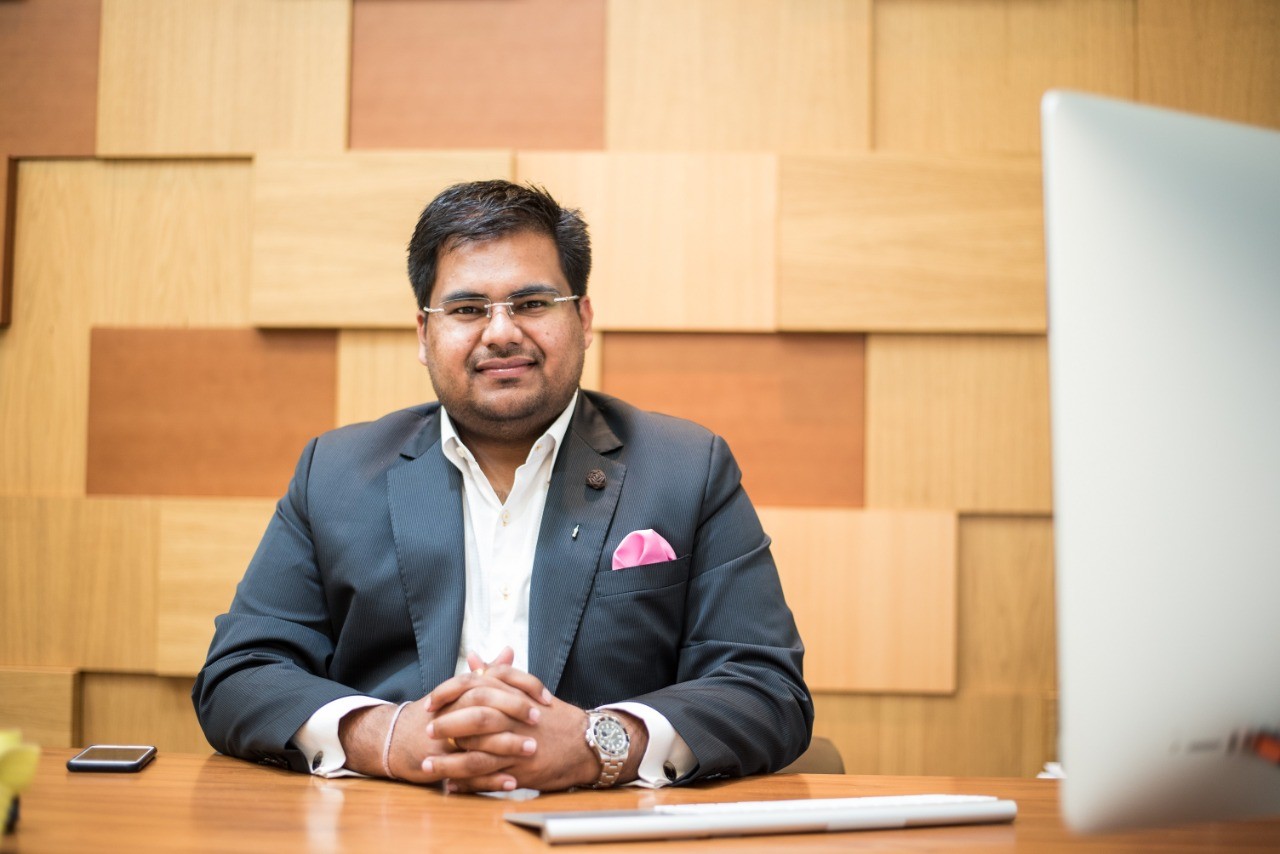
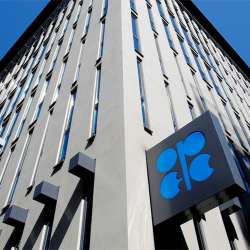


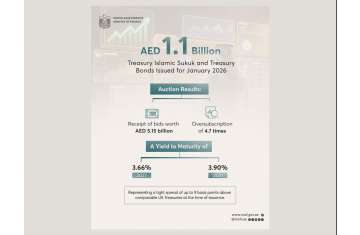
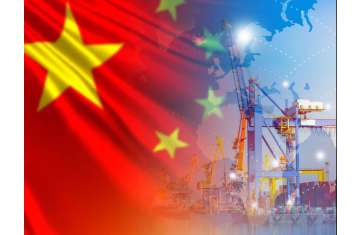
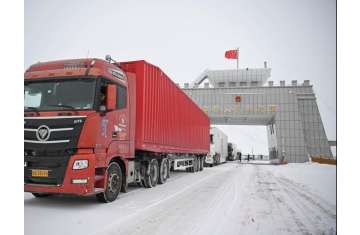
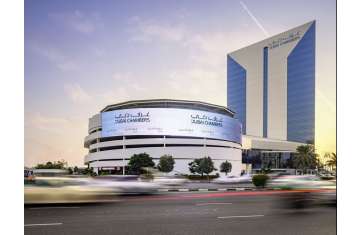
Comments